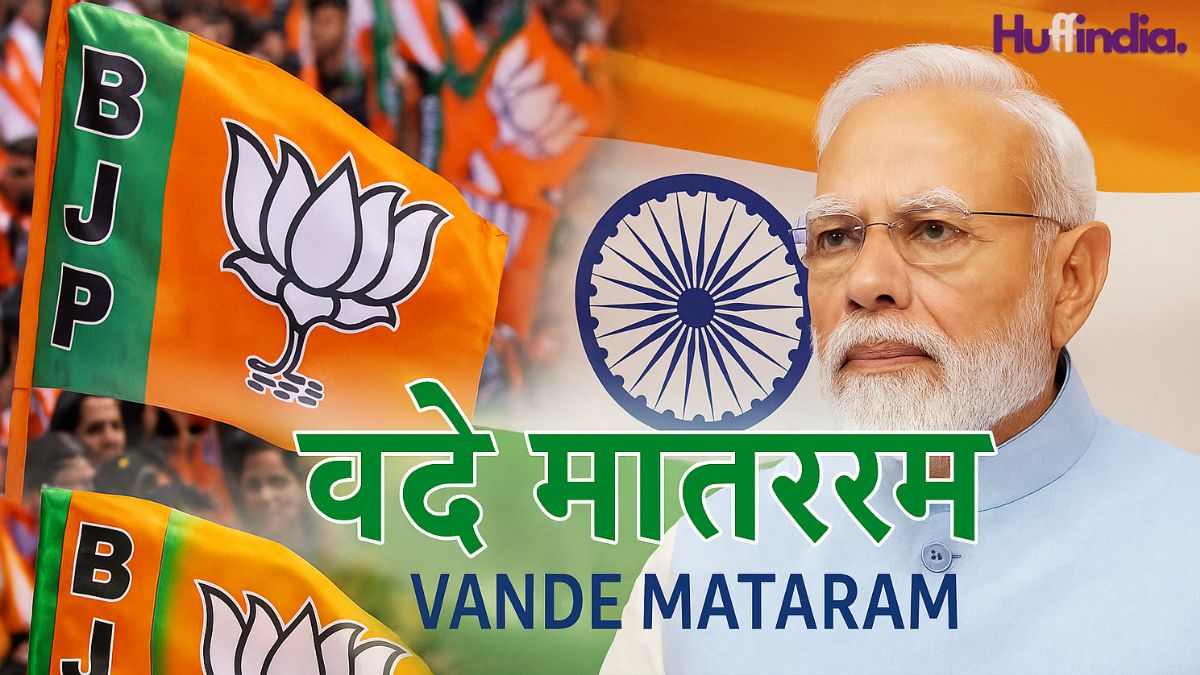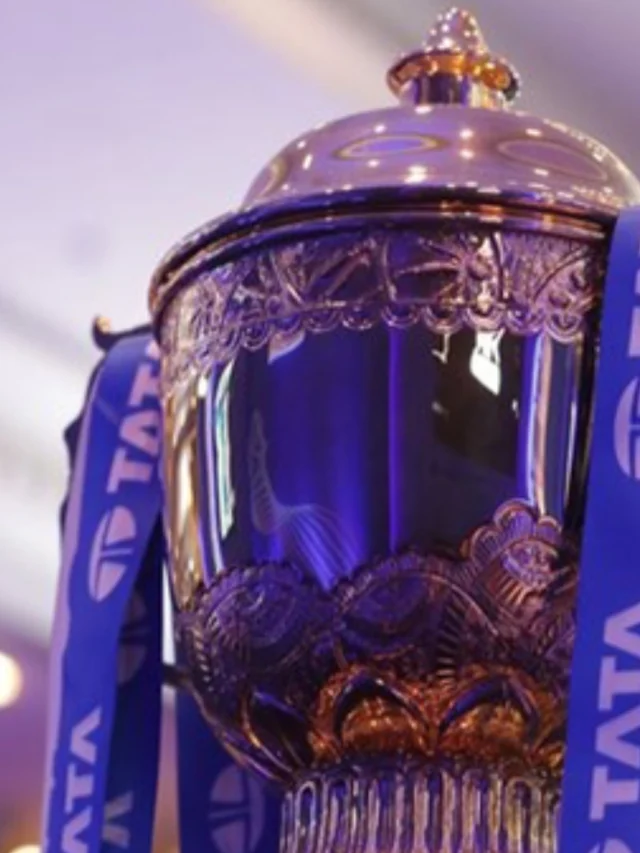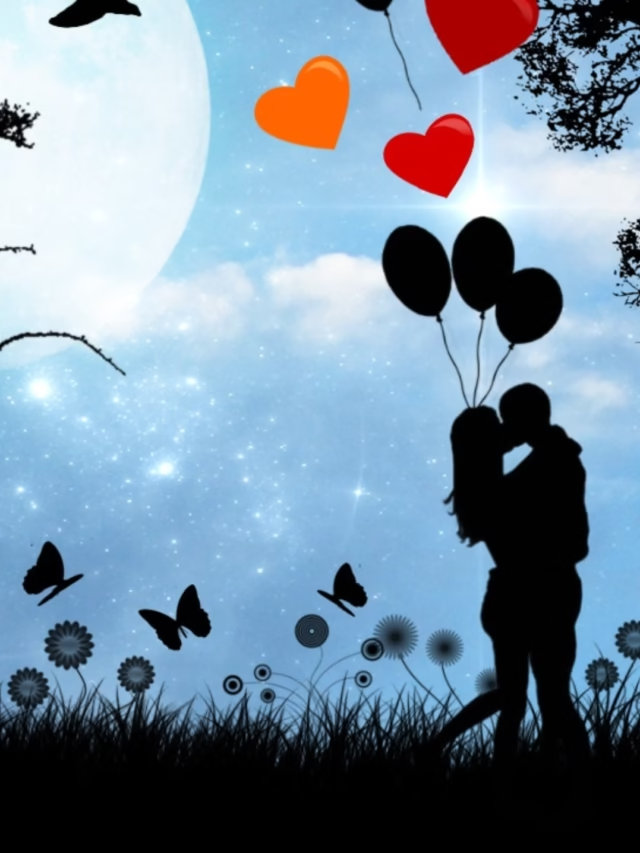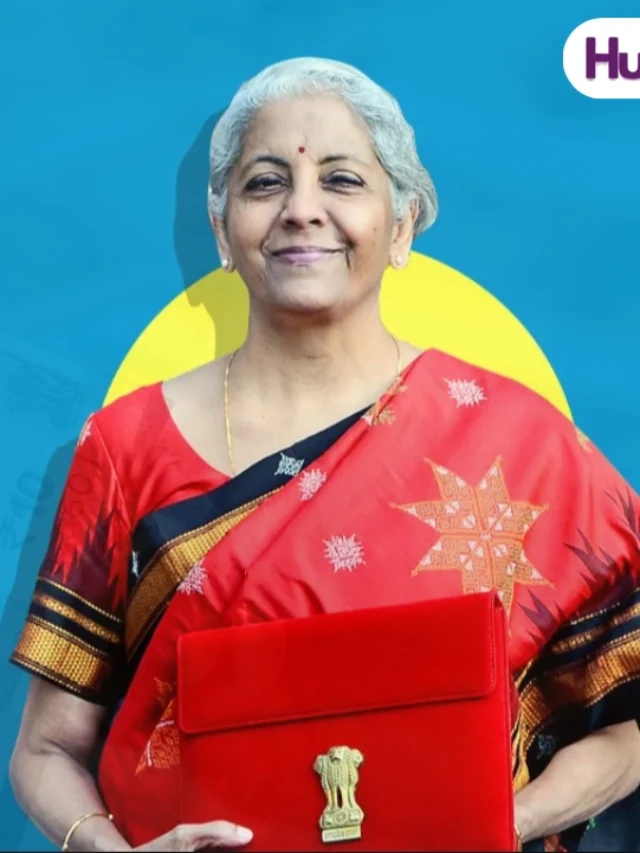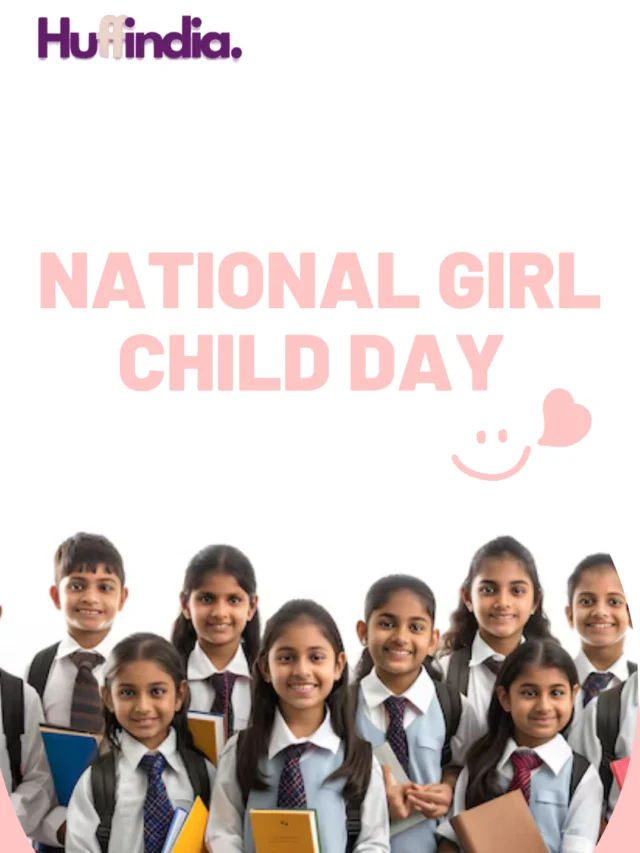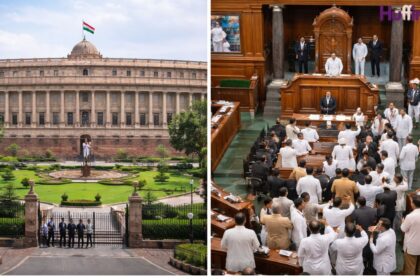A Tribute Resonating Across Generations
On Thursday, the Bharatiya Janata Party (BJP) launched a nationwide celebration to mark the 150 years Vande Mataram, the immortal song that inspired India’s freedom fighters and continues to stir patriotic emotion today.
From Mumbai’s Mantralaya to Delhi’s Central Park, events featured mass recitations, cultural performances and exhibitions chronicling the song’s historic journey.
Origins of a National Anthem
Composed by Bankim Chandra Chattopadhyay in 1875 and later set to music by Rabindranath Tagore, “Vande Mataram” became the anthem of India’s struggle for independence.
It was first sung publicly at the 1896 Indian National Congress Session. Despite past controversies, it remains one of India’s most powerful cultural symbols.
The BJP’s Commemorative Vision
Deputy CM Devendra Fadnavis, inaugurating the event in Mumbai, said:
“Vande Mataram is not just a song; it’s the heartbeat of Bharat.”
The party announced 150 simultaneous events nationwide—including parades, art contests, and musical tributes—aimed at fostering unity and cultural pride among the youth.
Nationwide Participation
In Delhi, schoolchildren sang the song accompanied by the Indian Air Force Band. Kolkata hosted a heritage walk tracing Bankim Chandra’s life. States like Gujarat, Tamil Nadu and Uttar Pradesh organised rallies themed “One Nation, One Melody”.
Digital campaigns with hashtags #VandeMataram150 and #VoiceOfIndia trended through the day, generating over a million mentions.
Historical Context and Political Undertones
Political observers note that the celebration serves a dual purpose—cultural remembrance and nation-building narrative. The BJP’s emphasis on civilizational pride resonates with its broader ideological framework.
Opposition parties, while supporting the anniversary, urged keeping the event non-partisan. Congress spokesperson Pawan Khera said, “Vande Mataram belongs to every Indian, beyond party lines.”
Artists and Academia Join In
Renowned musicians including Shankar Mahadevan and Sunidhi Chauhan unveiled a collaborative rendition featuring 150 vocalists from different linguistic backgrounds. The National School of Drama staged a musical play on the song’s creation and legacy.
Historians highlighted its linguistic influence: Sanskrit verses that bridged India’s linguistic diversity long before independence.
Voices from the Public
From students in Pune to elders in Chennai, citizens expressed pride in revisiting a symbol often confined to textbooks.
“It reminded us why our grandparents fought for freedom,” said Arjun Menon, a college student in Kochi.
The Broader Cultural Message
Cultural analyst Dr Rita Basu observed, “Reviving historical symbols like Vande Mataram fosters continuity between generations. It ties emotional identity to civic responsibility.”
Scholars suggest such events can counter growing apathy among youth toward heritage and nationhood.
Conclusion
As India celebrates 150 years of Vande Mataram, the campaign underscores how songs and symbols continue to define a nation’s conscience. Beyond political affiliations, the melody remains a timeless reminder of unity in diversity—a tune that echoes from history into the heart of modern India.

